Support quality, independent, local journalism…that matters
From just £1 a month you can help fund our work – and use our website without adverts. Become a member today
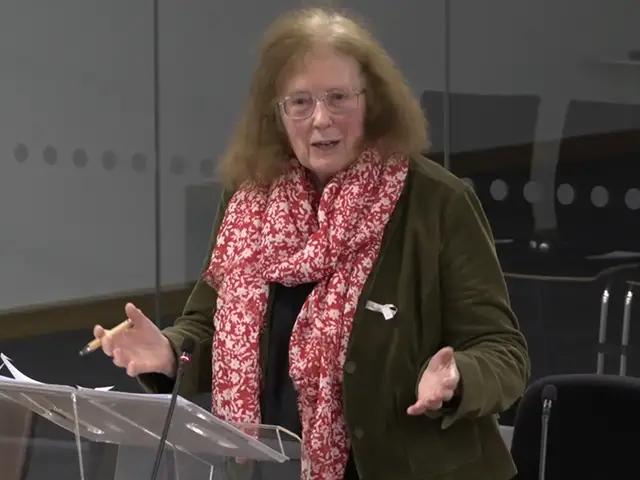
Senedd politicians have called for a new wealth tax on the super-rich, sparking a fiery debate with the Conservatives who dismissed the notion as a “silly idea”.
Labour’s Julie Morgan set out the case for a wealth tax, saying the UK’s 50 richest families hold more wealth than the bottom half of the entire population – 34 million people.
Leading a two-hour open debate on Wednesday November 19, she said the wealth of the ultra-rich has dramatically increased while ordinary workers have faced prolonged austerity.
Ms Morgan pointed to calls from Patriotic Millionaires UK and Tax Justice UK for an annual levy of 2% of wealth in excess of £10m to raise £24bn a year.
The former minister said a wealth tax would unlock funding to tackle inequality in Wales, with a survey showing 80% of UK-based millionaires support a 2% wealth tax.
Ms Morgan told the Senedd: “The additional money brought in by a UK-wide tax could mean transformative investment in health, housing, education and efforts to eradicate poverty.”
‘Silly idea’
But Sam Rowlands, the Conservatives’ shadow finance secretary, described a wealth tax as impractical to implement and economically damaging as a “tax on success and saving”.

He warned a wealth tax would discourage entrepreneurship, accelerating the relocation of wealthy individuals and their assets to jurisdictions without such a levy.
Criticising the “deeply flawed, internationally rejected” policy, he said France dropped a wealth tax in 2018 after an estimated 40,000 millionaires left the country.
Mr Rowlands told Senedd Members the richest 1% in the UK pay 29% of the taxes collected. “A wealth tax is a populist proposal that is disastrous in practice,” he warned.
His Conservative colleague Gareth Davies said: “Louis XIV’s minister of state once said the art of taxation lay in plucking the goose as to obtain the largest amount of feathers with the smallest amount of hiss. A wealth tax is akin to slaughtering the goose outright.”
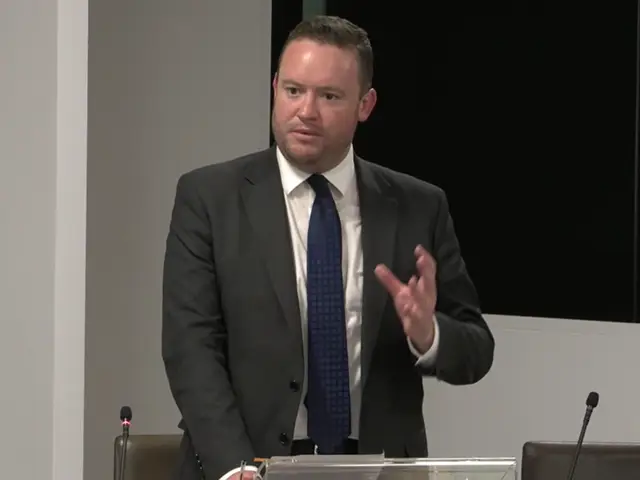
Dismissing the “silly idea” and warning of a “politics of envy”, he said: “The left often scoff at the idea wealthy individuals will simply move their wealth abroad but that is exactly what happens. Since Labour entered office, a millionaire has left the UK every 45 minutes.”
‘Immoral’
Heledd Fychan, Plaid Cymru’s shadow finance secretary, told the Senedd it is no coincidence that countries with a wealth tax, such as Norway, have less inequality.
“The taxation system isn’t working at present,” she said. “The economy is not working for everyone. We need solutions. Carrying on as we are is not going to bring those solutions.”
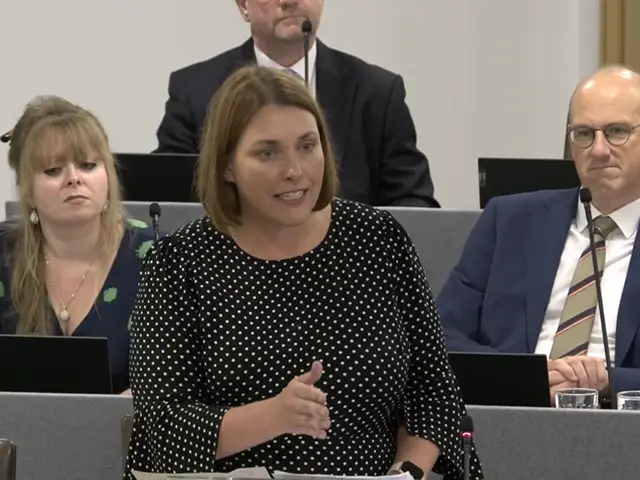
Jane Dodds, the Liberal Democrats’ leader in Wales, warned the gap between wealth and hardship in Wales has never been more stark, with one in three children living in poverty.
She said: “There are around 22,000 people who earn £10m or more. Our proposal for a wealth tax is very simple: just tax above the £10m at 2%. They get to keep £10m every year. Now surely that’s enough to live on, isn’t it?”
Labour’s Mick Antoniw warned the UK is one of the most unequal societies in the developed world, saying: “Inequality, apart from being ethically wrong and immoral, is politically unsustainable. It breeds extremes of poverty, fosters political, social and economic instability.
“It is a danger to democracy and to the rule of law. We are seeing in real time our political system and our democratic processes being bought up by the new class of super-rich.”
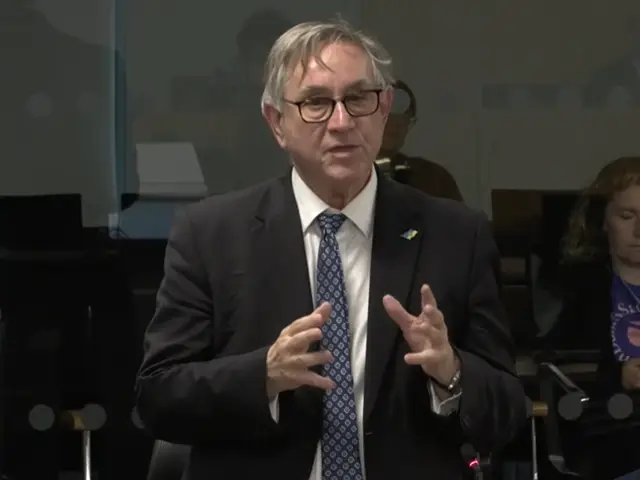
‘Beef tea’
Finance secretary Mark Drakeford poured cold water on a Wales-only wealth tax, arguing it could only work on a UK basis – with the state acting as a “great engine for redistribution”.
The former First Minister said super-wealth is concentrated in London as he made the case for a land value tax instead, telling the Senedd “you can’t move land” unlike other assets.
In recent years, the Welsh Government has been exploring the feasibility of introducing a land value tax as a long-term replacement for council tax and business rates.
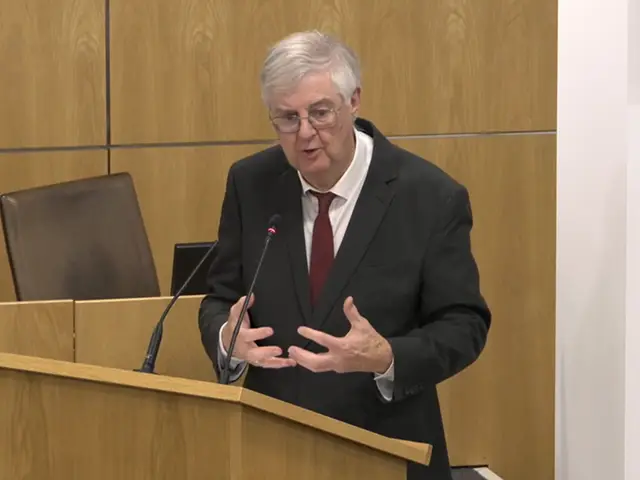
Prof Drakeford, who will stand down next year, invoked the spirit of David Lloyd George, noting the former prime minister was the first to put a wealth tax on the statute book.
He recounted how the Welshman proposed a land value tax in the 1909 “people’s budget” – speaking for four hours, 50 minutes and reportedly pausing only for a cup of beef tea.
David Rees, the Senedd’s deputy speaker, quickly interjected: “You haven’t got four hours,” drawing laughter from the chamber as the debate drew to a close.
Support quality, independent, local journalism…that matters
From just £1 a month you can help fund our work – and use our website without adverts.
Become a member today
